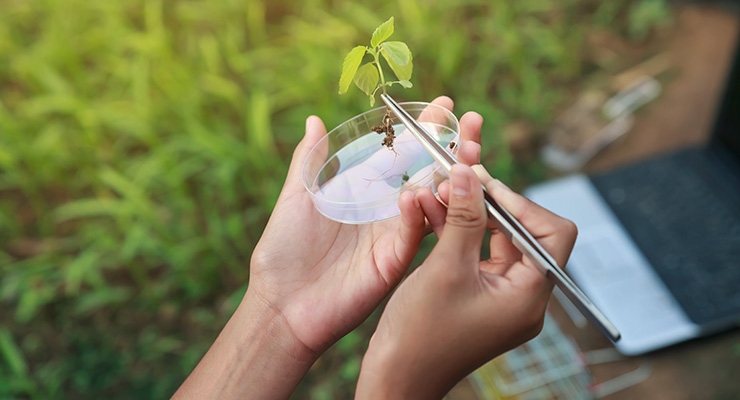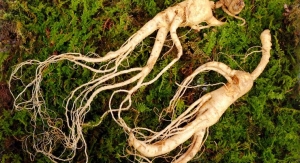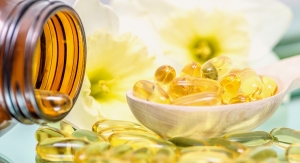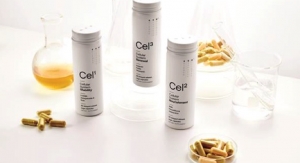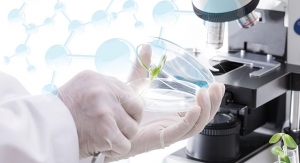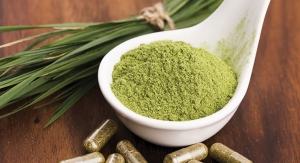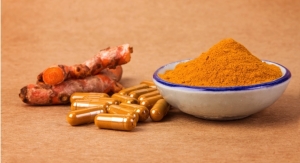By Maged Sharaf, PhD, American Herbal Products Association (AHPA)09.07.17
The American Herbal Products Association (AHPA) and the National Institute of Standards and Technology (NIST) have partnered to study the effectiveness of current DNA methodologies for herbal ingredient identification.
During a March 2017 AHPA committee meeting at ExpoWest, members generally agreed that the use of DNA testing as a routine tool for authentication of herbal ingredients and dietary supplements is relatively recent and far less established compared to other analytical means. As a result, a general lack of understanding exists about the complexities and applicability of the methods, especially as they relate to finished dietary supplement products containing herbal extracts. This lack of awareness has resulted in both the misuse of the technologies and misinterpretation of test results.
During the meeting, members recommended that AHPA explore the possibility of collaborating with NIST to include DNA testing in the NIST Dietary Supplements Laboratory Quality Assurance Program (DSQAP). NIST established the DSQAP in collaboration with the National Institutes of Health (NIH) Office of Dietary Supplements (ODS). The program assesses the accuracy, precision, and concordance within the community of testing to measure concentrations of active and/or marker compounds and nutritional and toxic elements in samples distributed by NIST. This data is compiled by NIST and made available so the industry can discuss results and methodological advancements in the characterization of dietary supplements. AHPA contacted NIST staff, who expressed interest in exploring this collaboration.
Scope of Analysis
Nearly 12 laboratories have now volunteered to use their currently employed DNA methods to identify herbal materials and submit the results and details of the methods to NIST. NIST will send to participating labs suites of samples containing various iterations of the same herbal material, such as powder raw material and extracts, either as singles or in mixtures, and with or without excipients. NIST is not specifying which DNA method the lab uses.
The study will progress in complexity. Herbal materials that are unique with genes that can be easily differentiated from those of other plants will be included in early exercises. Closely related species that are difficult to distinguish genetically due to, for example, widespread hybridization, will be tested second.
Information gained through participation will be reported in aggregates and used to help the community understand the effectiveness of currently available DNA technologies for herbal identification. The data gathered from these exercises will be used to establish resources and provide recommendations to help the industry effectively develop this emerging technology.
Botanical Congress Discussion
AHPA will be discussing this study and exploring the current state of DNA identity testing for herbal materials during a half-day breakout session at AHPA’s Sixth Annual Botanical Congress being held on Sep. 29 in Las Vegas, NV at the SupplySide West tradeshow. This session will address the many misconceptions centered around DNA testing for herbal identification, and will address the application, capabilities, limitations and current status of technologies available. Industry experts will discuss:
Maged Sharaf, PhD
American Herbal Products Association (AHPA)
Maged Sharaf, PhD, is the chief science officer of the American Herbal Products Association (AHPA), the national trade association with a focus primarily on herbs and herbal products. AHPA’s membership represents U.S. and international growers, processors, manufacturers, marketers and institutes specializing in botanicals and herbal products. Before AHPA, Dr. Sharaf was the director, Foods, Dietary Supplements and Herbal Medicines at the United States Pharmacopeial Convention (USP). Before USP he was pharmacy associate professor and has preceding experience conducting bioanalytical assay development and validation, and human bioequivalence studies in support of the pharmaceutical industry; and quality control and manufacturing of pharmaceutical dosage forms. He can be reached at 301-588-1171; E-mail: msharaf@ahpa.org; Website: www.ahpa.org.
During a March 2017 AHPA committee meeting at ExpoWest, members generally agreed that the use of DNA testing as a routine tool for authentication of herbal ingredients and dietary supplements is relatively recent and far less established compared to other analytical means. As a result, a general lack of understanding exists about the complexities and applicability of the methods, especially as they relate to finished dietary supplement products containing herbal extracts. This lack of awareness has resulted in both the misuse of the technologies and misinterpretation of test results.
During the meeting, members recommended that AHPA explore the possibility of collaborating with NIST to include DNA testing in the NIST Dietary Supplements Laboratory Quality Assurance Program (DSQAP). NIST established the DSQAP in collaboration with the National Institutes of Health (NIH) Office of Dietary Supplements (ODS). The program assesses the accuracy, precision, and concordance within the community of testing to measure concentrations of active and/or marker compounds and nutritional and toxic elements in samples distributed by NIST. This data is compiled by NIST and made available so the industry can discuss results and methodological advancements in the characterization of dietary supplements. AHPA contacted NIST staff, who expressed interest in exploring this collaboration.
Scope of Analysis
Nearly 12 laboratories have now volunteered to use their currently employed DNA methods to identify herbal materials and submit the results and details of the methods to NIST. NIST will send to participating labs suites of samples containing various iterations of the same herbal material, such as powder raw material and extracts, either as singles or in mixtures, and with or without excipients. NIST is not specifying which DNA method the lab uses.
The study will progress in complexity. Herbal materials that are unique with genes that can be easily differentiated from those of other plants will be included in early exercises. Closely related species that are difficult to distinguish genetically due to, for example, widespread hybridization, will be tested second.
Information gained through participation will be reported in aggregates and used to help the community understand the effectiveness of currently available DNA technologies for herbal identification. The data gathered from these exercises will be used to establish resources and provide recommendations to help the industry effectively develop this emerging technology.
Botanical Congress Discussion
AHPA will be discussing this study and exploring the current state of DNA identity testing for herbal materials during a half-day breakout session at AHPA’s Sixth Annual Botanical Congress being held on Sep. 29 in Las Vegas, NV at the SupplySide West tradeshow. This session will address the many misconceptions centered around DNA testing for herbal identification, and will address the application, capabilities, limitations and current status of technologies available. Industry experts will discuss:
- Are current DNA methods appropriate for herbal ingredients and finished dietary supplement products?
- How and when to use DNA testing.
- How to integrate appropriate DNA testing along with other identification methods to establish a complete herbal materials verification program.
- Does the industry need a protocol for developing reference standards and resolving discrepancies as stakeholders try to make this new technology fit for its intended purpose?
Maged Sharaf, PhD
American Herbal Products Association (AHPA)
Maged Sharaf, PhD, is the chief science officer of the American Herbal Products Association (AHPA), the national trade association with a focus primarily on herbs and herbal products. AHPA’s membership represents U.S. and international growers, processors, manufacturers, marketers and institutes specializing in botanicals and herbal products. Before AHPA, Dr. Sharaf was the director, Foods, Dietary Supplements and Herbal Medicines at the United States Pharmacopeial Convention (USP). Before USP he was pharmacy associate professor and has preceding experience conducting bioanalytical assay development and validation, and human bioequivalence studies in support of the pharmaceutical industry; and quality control and manufacturing of pharmaceutical dosage forms. He can be reached at 301-588-1171; E-mail: msharaf@ahpa.org; Website: www.ahpa.org.

